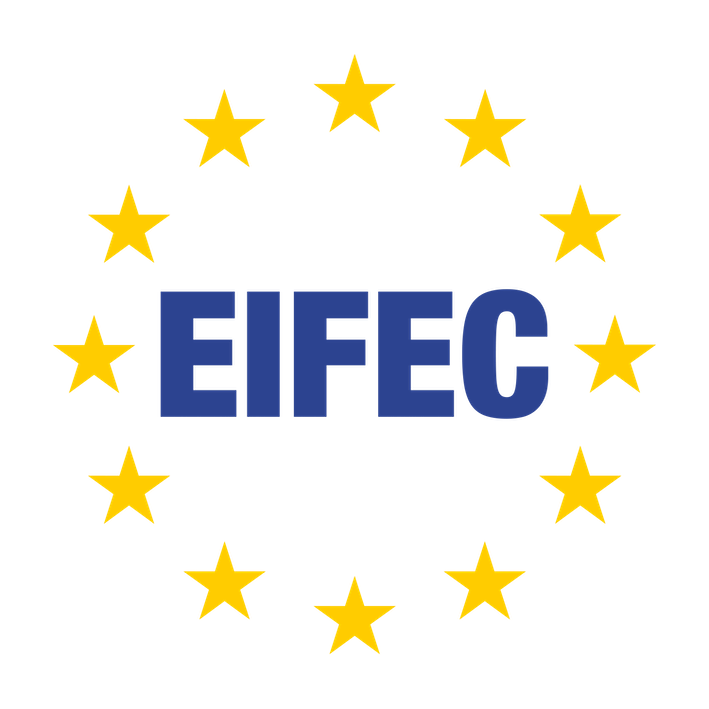RUSSIAN FEDERATION
Compliance Initiative
EU and Russian Federation
EU sanctions on Russia were introduced in 2014 in response to Russia’s involvement in the Ukraine crisis, during which Russia annexed the Crimea region of Ukraine. They were introduced in three phases, each one intending to increase the pressure on Russia until it fully implemented the terms of the Minsk peace agreements. For the EU’s overview, see Infographic here.
The terms of the Minsk agreements include an immediate and full ceasefire, the return of all hostages and illegally held people, and the restoration of Ukrainian control over the Crimea region. In chronological order, the three phases of sanctions imposed were:
-
Council Regulation (EU) 269/2014 & Council Decision 2014/145/CFSP – asset freezes and travel bans on people said to be involved in undermining the territorial integrity, sovereignty or independence of Ukraine.
-
Council Regulation (EU) 692/2014 & Council Decision 2014/386/CFSP – ban on the import of goods from, and provision of certain services to, the Crimea and Sevastopol regions of Ukraine.
-
Council Regulation (EU) 833/2014 & Council Decision 2014/512/CFSP – targets sectors of the Russian economy. They prohibit EU financial transactions with major Russian state banks, restrict access to EU capital markets for some Russian entities, ban the export to Russia of certain energy-exploration equipment, and prevent the sale of arms and some dual-use civilian goods to the country.
The EU also imposes asset freezes on people, chiefly ex-government officials, deemed responsible for the misappropriation of Ukrainian state funds and human rights violations following the change of regime in Ukraine in 2014 (Council Regulation (EU) 208/2014 & Council Decision 2014/119/CFSP). See the Ukraine country profile for further details.
On May 8, 2018, the U.S. President announced his decision to cease the United States’ participation in the Joint Comprehensive Plan of Action (JCPOA), and to begin re-imposing, following a wind- down period, the U.S. nuclear-related sanctions that were lifted to effectuate the JCPOA sanctions relief.
EU, E3 (France, Germany and the United Kingdom) Russia, China, members of the Joint Commission of the JCPOA reiterated their political commitment to the full and continued implementation of the nuclear deal and support to maintain the normalization of trade and economic relations with Iran.
The complex and everchanging situation on santions on Iran requires the highest level of attention to all operators.
EIFEC since 2012 has built a solid base of knowledge on compliance issues and solutions.
In particular, having promoted and drafted in practice, the "Humanitarian Channel" mechanism included into the Geneva JPOA accord has an in-depth knowledge of all humanitarian focused trades mechanism with Iran.
EIFEC Washington Office operates in accordance with Compliance Services Guidance (the "CSG"), published by OFAC on January 12, 2017, and included in Cross-Programmatic Compliance Services Guidance section of OFAC Faqs.
In particular, OFAC states that U.S. persons may provide compliance services relating to the requirements of U.S. sanctions laws and conduct research to make a determination as to the legality of transactions under U.S. sanctions laws.
For the purpose of the Compliance Services Guidance only, EIFEC (Washington DC office) and personnel are U.S. covered persons.
EIFEC Head Office in Brussels maintains a broad institutional network of relationships and collaboratively participate in the drafting of the development of policies and regulations targeting Iran.

